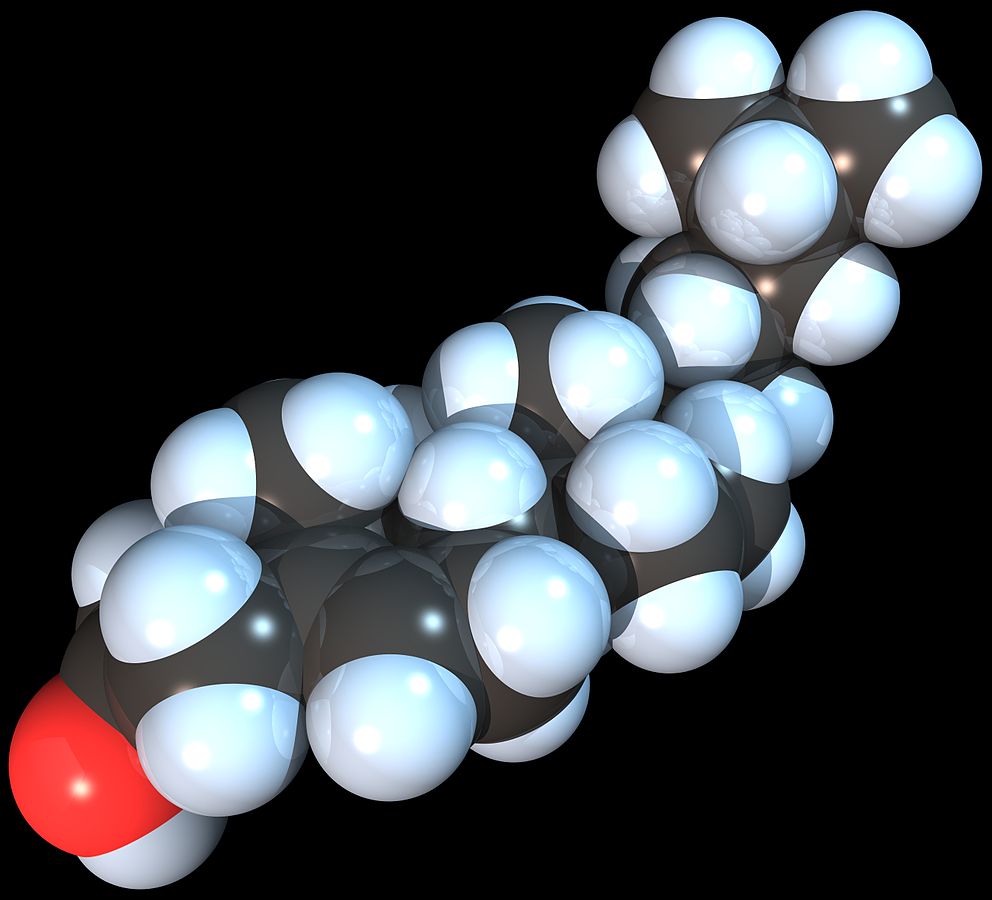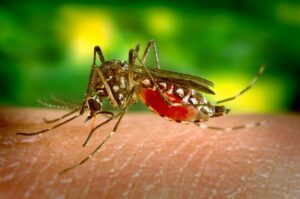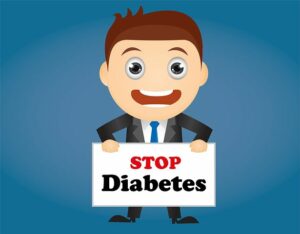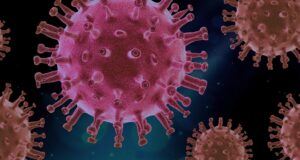Cholesterol – Is it our Friend or Foe?

Neucrad Health News Desk November 11, 2019
Currently, the United States highest nutrition advisory panel has planned to forgo its caution to citizens regarding the eating of cholesterol-rich food. Since the last forty years, health officials in the United States have warned people against the consumption of fatty food, which is rich in cholesterol. The nation’s top nutrition advisory panel has found out that cholesterol is no more a “nutrient of concern” in America.
The latest research in these fields has established that consuming cholesterol-laden food does not increase the risk of cardiac ailments in healthy adults. It is safe to say that foods like eggs, shrimp or lobster are not the real danger for human beings. On the contrary, the number of servings and food containing saturated fats like butter and ghee is far more harmful to cardiac health. Here is a brief write-up about the different types of cholesterol and its significance on human health.
What is Cholesterol?
Cholesterol, a natural fat-like compound is present in all human cells. We require this compound for the production of various types of hormones and vitamin D. It also aids in the digestion of food. Though cholesterol is universally present in all human-beings, increased concentration of this compound can lead to plaque formation within blood capillaries. These compounds have an affinity towards each other and tend to stick together. High level of cholesterol is adverse for the organ system because it can block the arteries, and develop a condition called atherosclerosis. It is a potentially dangerous phenomenon and can lead to coronary artery diseases.
What are the different types of Cholesterol?
There are three different types of cholesterol present in the human body. Detailed below is a summary of each one of them.
Low-density lipoprotein (LDL)
LDL is also known as bad cholesterol because an increased level of this compound can cause blockage in arteries. This type of cholesterol sticks to each other, which may, in turn, narrow down the arteries. It restricts the flow of blood through them, and can even lead to heart attack and stroke. Cardiologists always recommend everyone to reduce their LDL level by regulating the amount of saturated fat-containing foods like red meat, egg yolks, and fried snacks. Trans fat present in baked food items and vegetable oil often increases the level of LDL cholesterol in the organ system.
High-density lipoprotein (HDL)
Many dieticians and cardiologists term HDL as good cholesterol. It helps in protecting the heart by restricting the accumulation of cholesterol in arteries. It diverts the excess cholesterol from the arteries to the liver. The liver then breaks down this extra cholesterol and remove them from the body. Cardiologists suggest, if the LDL level falls below a danger level, then it can increase the risk of heart ailments. Physical activity, saying no to smoking, and keeping BMI within the standard range, helps in boosting the HDL level in blood.
Triglycerides
Triglycerides are another category of fat present in the human body. Fatty foods like butter and oil lead to the accumulation of these products. The body also produces triglycerides from other excess food sources like carbohydrates. If the triglyceride level is within the standard value, then it can provide energy in between meals. However, an excess of this fat can lead to heart diseases.
What is the healthy level of Cholesterol?
Biochemists measure cholesterol in terms of milligrams (mg) per tenth-litre (dL) of blood. The total cholesterol level in blood is the summation of LDL and HDL. The standard range of cholesterol is below 200 mg/dL. Ideally, the LDL level should be below 160 mg/dl, and HDL level should be above 35 mg/dL.









